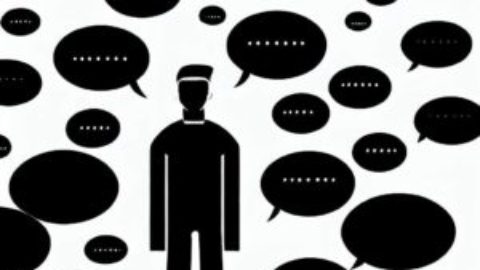When it comes to finding the right partner, empathy plays a significant role. Empathy is our ability to understand and share the feelings of others. It’s a vital aspect of human connection and is particularly important in romantic relationships. In this article, we’ll explore two ways empathy influences the type of partner we choose and how to improve our empathy skills to create healthier, more fulfilling relationships.
1. Our Empathy Style Shapes Our Romantic Preferences

Our empathy style, developed during our early years, is based on how well we learned to relate to our own emotions and emotional needs. This style affects how we connect with ourselves and others, and can influence the type of partner we subconsciously gravitate toward. There are two main empathy styles:
- Detached Empathy Style: Individuals with a detached style tend to avoid focusing on emotions, both their own and those of others. They may find discussing or sharing feelings challenging and draining.
- Involved Empathy Style: Those with an involved style are more in tune with their own emotions and the emotions of others. They feel the need to share, inquire, and discuss feelings, and may feel hurt if their emotional needs are not met.
Understanding our empathy style can help explain why we may find ourselves repeatedly drawn to similar types of partners, even when we consciously try to choose differently.
2. Complementary Empathy Styles in Romantic Relationships

In romantic relationships, our empathy style interacts with that of our partner in various ways. We can find ourselves in two basic types of empathy pairings: same/same pairs and opposing pairs.
- Same/Same Empathy Pairs: People with the same empathy style can feel comfortable together due to shared assumptions and emotional patterns. However, challenges may arise if both partners have unbalanced empathy styles (e.g., both being too detached or too involved).
- Opposing Empathy Pairs: In these pairings, individuals are drawn to partners with the opposite empathy style. This can be because they long for the qualities they lack in themselves. For example, someone with a detached style may seek out a partner with an involved style to experience the nurturing they missed, while someone with an involved style may be drawn to a partner with a detached style for their perceived stability.
Harmonizing Empathy Styles for Healthier Relationships

Once we understand our own and our partner’s empathy styles, we can work on improving communication and support in the relationship. Here are some tips for harmonizing empathy styles:
- For those with a detached style, try to remind yourself to check in with your partner, discuss emotions, and share affection.
- For those with an involved style, be prepared to communicate your needs to your partner and discuss how they can remember and respond to them.
- Have an open conversation about your empathy styles, beginning with curiosity and moving on to discuss how to improve communication around emotions.
Empathy is a crucial component in our choice of romantic partners. By understanding our own and our partner’s empathy styles, we can better navigate the challenges and joys of romantic relationships. By working together to harmonize our empathy styles, we can create a stronger emotional bond and foster a healthier, more fulfilling partnership.
Remember, it’s never too late to learn about and improve your empathy skills. By doing so, not only will you enhance your romantic relationships, but you’ll also strengthen your connections with friends, family members, and colleagues. So, take the time to explore your empathy style, communicate openly with your partner, and support each other’s emotional needs for a happier and more satisfying love life.







